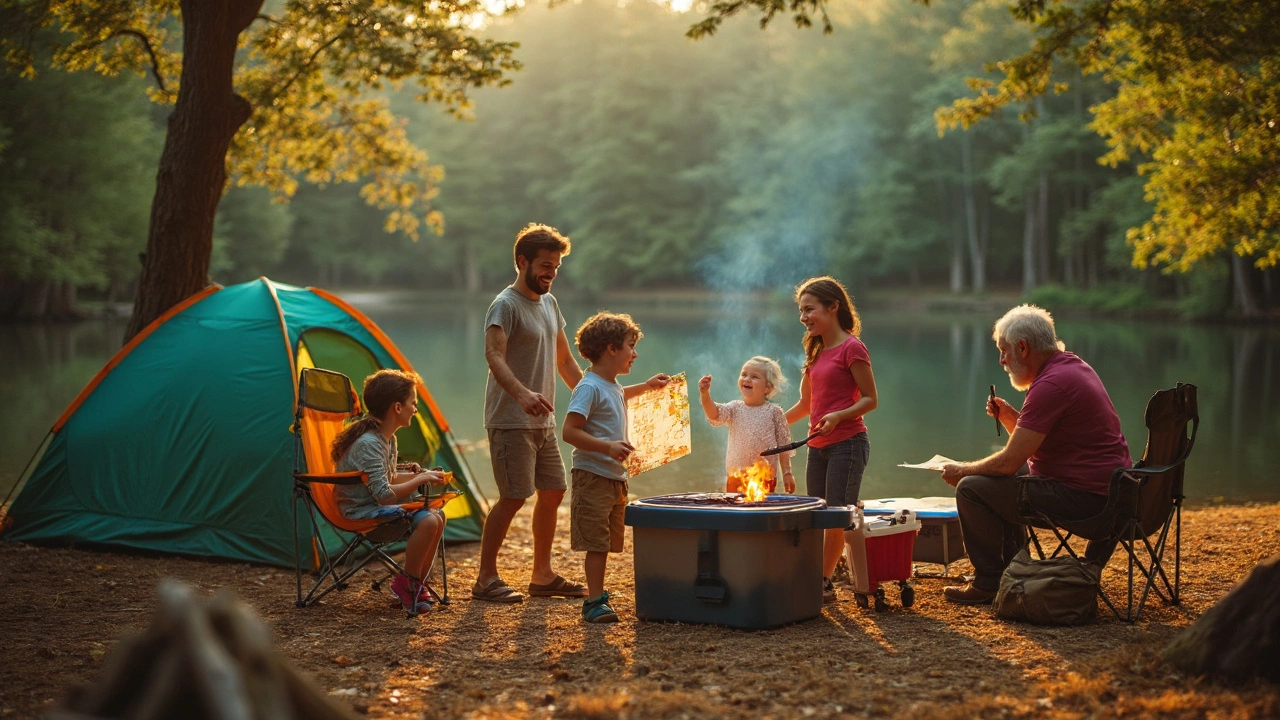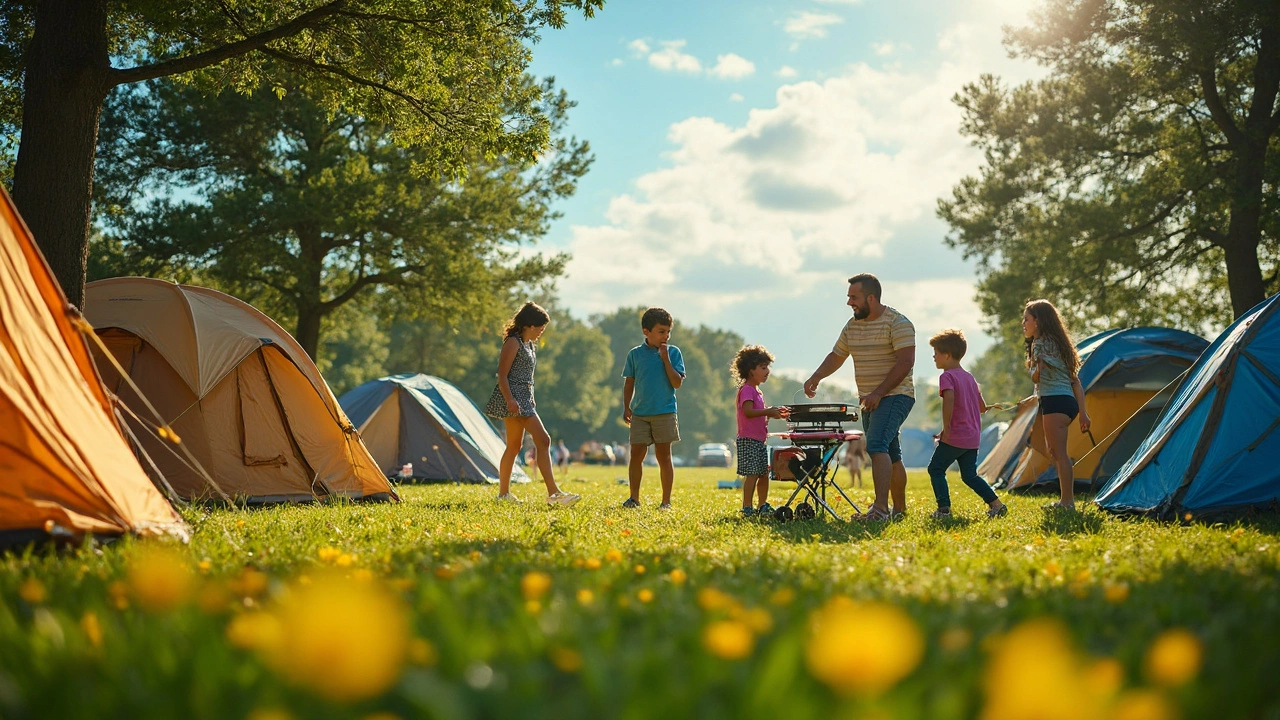Camping Costs: What You Need to Know Before You Hit the Road
If you’re thinking about a motorhome holiday or a simple tent night, the first question is always "how much will it cost?" The answer isn’t a single number – it depends on where you go, what you bring and how you manage the basics. Below we break down the main expenses you’ll see on a typical UK camping trip and give you practical ways to keep the bill low.
Breakdown of Typical Camping Expenses
Campsite fees. Most sites charge a nightly rate that covers a pitch, water and waste hookups. In popular areas like the Peak District, expect £30‑£45 per night for a basic pitch. Rural or less‑busy sites can be as cheap as £12‑£20. Some places offer discounts for longer stays, so a week‑long booking often works out cheaper per night.
Motorhome hire or ownership costs. If you rent a motorhome, daily rates range from £80 to £150 depending on size and season. Don’t forget insurance – it’s usually £10‑£20 per day. If you own a motorhome, factor in fuel (about £1.30 per litre), service, MOT and annual insurance. A typical week on the road can easily add up to £300‑£500 in fuel alone.
Electric hook‑up and propane. Most pitches with electricity charge a flat fee, often £5‑£10 per night, or a metered rate based on usage. Propane for cooking and heating is another small cost – a 13‑kg bottle costs around £25 and lasts a few days, depending on weather.
Food and supplies. Cooking in your motorhome saves money compared to eating out. Budget £10‑£15 per person per day for groceries if you plan simple meals. Topping up a cooler or buying fresh produce at the market can add a bit, but it stays far cheaper than restaurant prices.
Extras and hidden fees. Some sites charge for laundry, Wi‑Fi or waste disposal. These can be £2‑£5 each. Always read the fine print before you book to avoid surprise charges.
Tips to Keep Your Camping Budget Low
Look for early‑bird discounts. Many campsites lower rates if you book a month in advance. Signing up for a newsletter can give you access to promo codes or off‑season specials.
Consider free or low‑cost sites. The UK has a growing number of wild‑camping spots and “boondocking” areas where you can park overnight for free. Just check local rules – some forests allow it, while others need a permit.
Share a pitch. Group camping splits the campsite fee, fuel and even grocery costs. Split the cost of a propane bottle and you’ll see a noticeable saving.
Plan meals ahead. Meal prepping means fewer impulse buys at the campsite shop, which often mark up prices. Use a simple spreadsheet to track daily fuel use and electricity consumption – you’ll spot where you can cut back.
Use a portable power station instead of paying for campsite electricity. A good unit can power lights and small appliances for a few days, and the upfront cost pays off after several trips.
Finally, keep an eye on seasonal pricing. Camping in late spring or early autumn is cheaper than peak summer weekends, yet the weather is still pleasant.
Bottom line: a realistic camping budget is a mix of campsite fees, motorhome costs, fuel, and everyday living expenses. By planning ahead, sharing resources and taking advantage of discounts, you can enjoy a full‑motorhome adventure without breaking the bank.

